When it comes to securing your home or business, it’s easy to get lost in a sea of acronyms: IP, CCTV, NVR, DVR… Before long, you’re knee-deep in tech terms and wondering whether you even need half of what you’re reading about.
This guide breaks it down in plain English — with real-world examples — so you can choose the right video surveillance system with confidence. Whether you’re a café owner needing a small business surveillance solution or a family upgrading from a basic doorbell cam, you’ll find clarity here.

CCTV vs IP Cameras — Understanding the Basics for Homes and Businesses
Before you decide on storage, monitoring, or advanced features, you need to understand the two main camera types: CCTV (analog) and IP (digital). This is the foundation for all your other decisions — get it right here, and everything else will fall into place.
CCTV (Closed-Circuit Television) usually refers to analog security systems. These cameras send video to a DVR (Digital Video Recorder) via coaxial cables. They’ve been around for decades, are affordable, and are known for their reliability in fixed locations.
- Best for: Small businesses, retail store camera systems, or homeowners who want a straightforward home security camera setup without advanced networking features.
- Common features: Continuous recording, basic playback, minimal networking setup.
- Limitations: Lower resolution compared to HD and 4K surveillance cameras, limited remote access, and more cabling needed when expanding
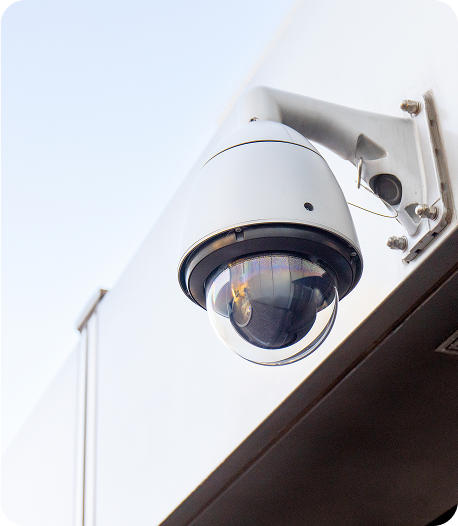
IP cameras (Internet Protocol) work differently. They send digital video data over a network — either wired Ethernet, PoE cameras, or Wi-Fi — to an NVR (Network Video Recorder) or cloud storage. These are essentially “smart” cameras, offering higher resolution, more features, and easier scaling.
- Best for: Anyone who values remote video monitoring, high-quality footage, and future-proof security systems.
- Common features: Remote access via app, motion-activated recording, integration with automation systems, and optional secure cloud video storage.
- Limitations: Higher upfront cost, may need more network setup knowledge, and occasional firmware updates.
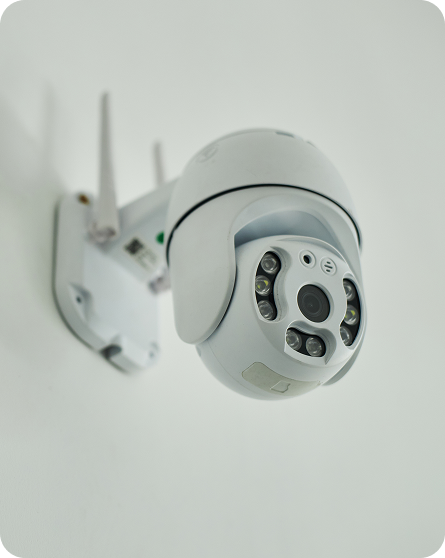
💡 Analogy: If CCTV is like an old-school record player — reliable and predictable — IP is like a streaming service: sharper, more versatile, and available anywhere.
NVR vs DVR — Storage Options for Different Security Setups
Once you’ve picked your camera type, the next question is: Where will the footage live? Your choice between DVR and NVR will directly affect how you access, view, and store your video — and it’s closely tied to whether you’re using analog or IP cameras.
DVR (Digital Video Recorder) is built for analog CCTV. It takes the camera’s analog signal, converts it to digital, and stores it on a local hard drive.
- Pros: Proven technology, lower cost, straightforward setup.
- Cons: Limited resolution, no easy integration with smart devices, and remote access can be clunky.
- Typical use: Cost-effective security solutions for those who don’t need live access from anywhere.
NVR (Network Video Recorder) is designed for IP systems. It records video that’s already digital, making it ideal for high-resolution video playback and multi-camera viewing.
- Pros: Supports HD and 4K video, smooth remote access, integration with analytics like facial recognition or motion tracking, scalable for warehouse security camera networks.
- Cons: Higher initial cost, relies on network stability, and may require a little networking know-how.
- Typical use: Homes or businesses needing scalable security camera solutions with easy remote viewing.
💡Analogy: An NVR is like Netflix for your cameras — high-quality video you can access on demand from anywhere. A DVR is more like a DVD player — reliable, but only accessible when you’re physically there.
Scenario 1: The Café Owner
Meet Sam, owner of a small café in Perth. He wants to monitor the till, entrance, and seating area.
- With analog CCTV + DVR, Sam gets reliable, tamper-proof video recording at a lower cost. But live viewing when he’s away? Not so simple.
- With IP cameras + NVR, Sam gets crystal-clear, live feeds to his phone while at the market. He also gets alerts for after-hours motion.
For Sam, the deciding factor was simple — he wanted shopfront security systems that let him see everything in real-time.

Scenario 2: The Family Upgrade
The Johnsons in Armadale had a basic doorbell cam but wanted more coverage — including their garage and backyard.
- With analog security systems, they’d get a solid deterrent but little flexibility for residential perimeter monitoring when travelling.
- With wireless IP cameras connected to an NVR, they can stream and replay footage via an app, with cloud backup for extra security.
They chose IP for its flexibility, clarity, and the reassurance of 24/7 video surveillance.
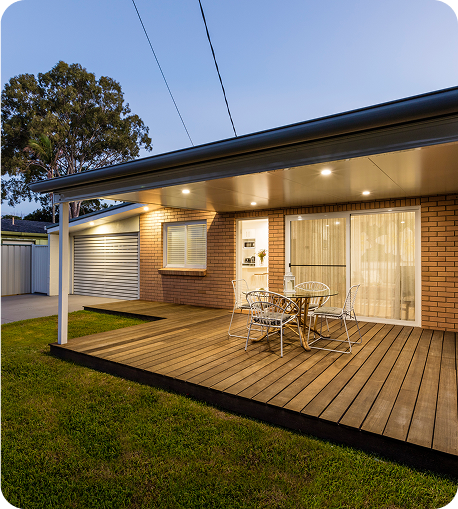
Key Differences at a Glance
Before diving into a purchase, here’s what matters most when doing a camera system comparison.
Video Quality
- IP cameras: HD and 4K surveillance cameras, better detail for identification.
- Analog CCTV: Standard definition, fine for basic monitoring.
Scalability
- IP systems: Add cameras easily via network expansion.
- Analog systems: Require extra coaxial cabling.
Remote Access
- IP + NVR: Smooth, secure access from anywhere.
- Analog + DVR: Limited or clunky remote options.
Integration
- IP systems: Work with smart devices and automation platforms.
- Analog systems: Standalone setups.
Cost
- Analog CCTV: Lower upfront investment.
- IP systems: More features, longer-term flexibility.
Maintenance
- IP: Occasional updates and network checks.
- Analog: Mainly hardware servicing.
Clearing Up Common Misconceptions
Not true. Our residential CCTV security camera installs often use the same tech as commercial security camera installation projects — just on a smaller scale.
Not always. If budget and simplicity are your top priorities, analog security systems can be the right choice.
With strong encryption, secure cloud video storage can be as safe as local storage. For many of our commercial CCTV system clients, a hybrid approach works best.
Strategic placement and the right features — like motion-activated recording — often outperform just adding more units.
Choosing the Right System for You
The best system isn’t the one with the longest spec sheet — it’s the one that fits your needs and gives you peace of mind.
If you’re unsure, our team can give you honest, unbiased guidance. Whether you’re protecting a driveway and entryway camera setup at home or an entire office building video monitoring system, we’ll match you with the right solution.



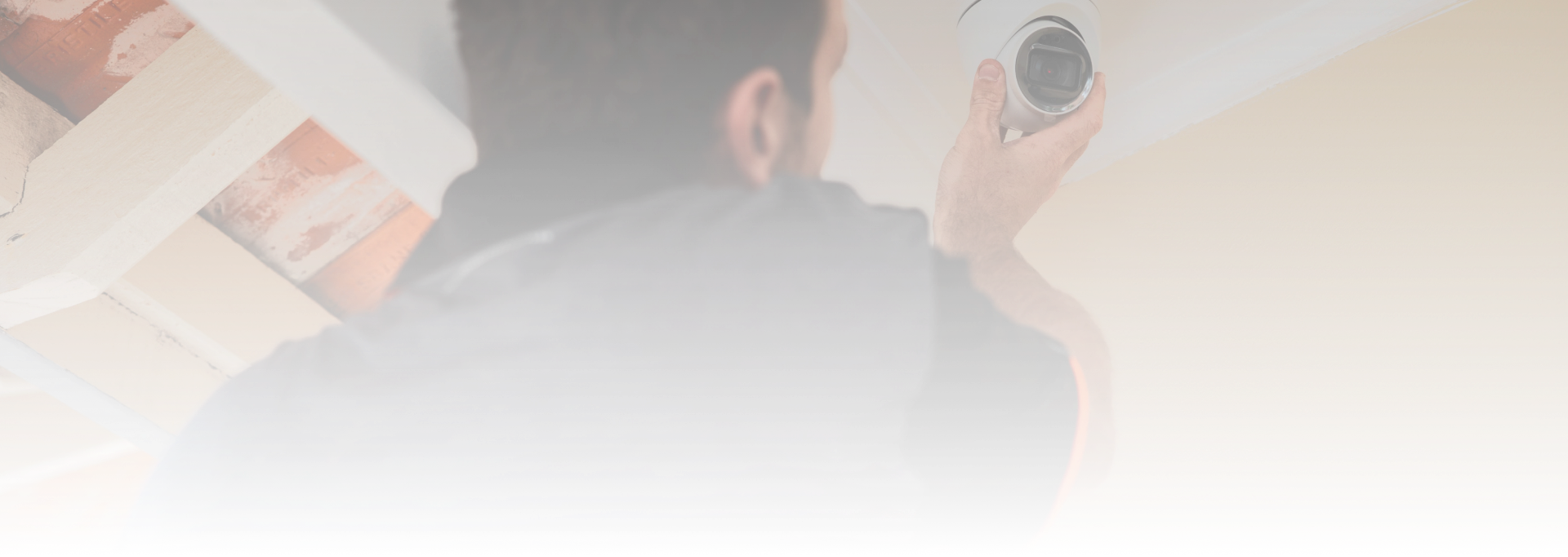


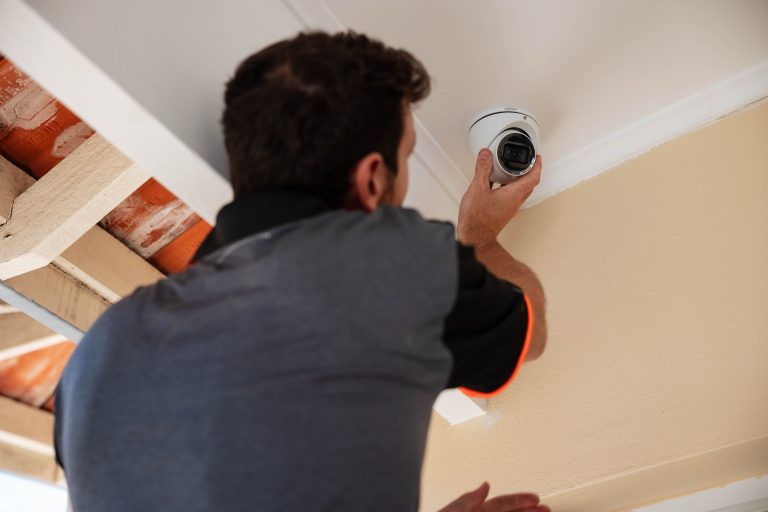

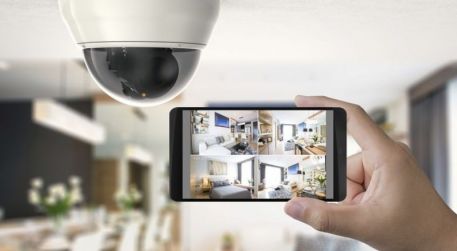






 @brillareelectricians
@brillareelectricians brillare_electricians
brillare_electricians brillare electricians
brillare electricians brillare perth electrician
brillare perth electrician  @brillareelectricians
@brillareelectricians